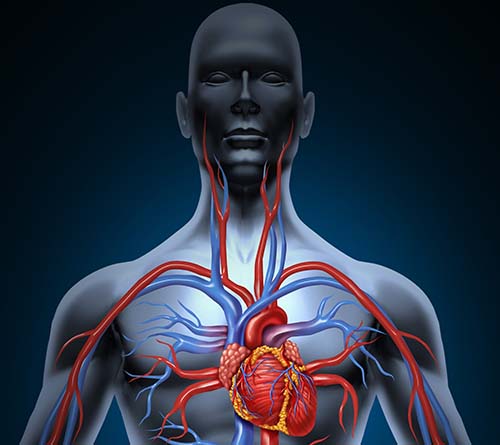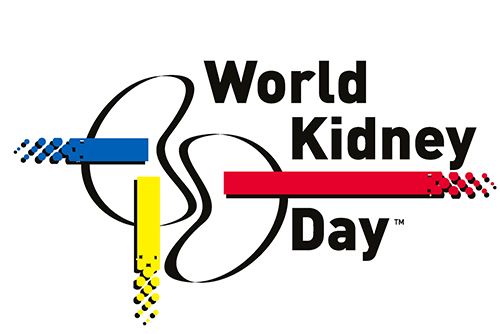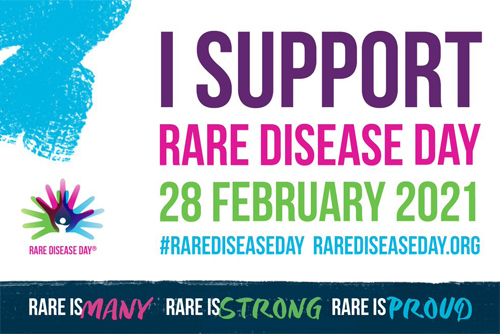OUR BLOGS
Find out more about our thinking, observations and interests within
medical communications and the healthcare industry in general by visiting here regularly.
Liver Cancer – What Does the Future Hold? Following our recent interview with Prof. Dr Jeroen Dekervel, gastroenterologist at the University Hospital
Interview with Prof. Dr Jeroen Dekervel, gastroenterologist and digestive oncologist at the University Hospital of Leuven “Due to the rising number of
Interview with Prof. Patrick Santens, neurologist at University Hospital Ghent and Professor of Neurology at Ghent University “Parkinson’s disease is currently the
An interview with Dr Eric Wyffels, cardiologist at the Cardiovascular Center OLV Aalst (Belgium) In 2019, no fewer than 1.6 million Belgians
It’s Pink October this month! Most of us know someone either directly or indirectly who has been affected by breast cancer, so
Interview with Dr Thomas Maselis on (Prevention of) Skin Cancer The number of people with skin cancer is increasing substantially worldwide. In
an interview with Prof. Dr Séverine Vermeire, a gastroenterologist at University Hospital Leuven (UZ Leuven), about the impact of inflammatory bowel disease
Breaking the Silence on IBD and Intimacy Discussing how IBD affects your personal life can be difficult, and as a result issues
an interview with Dr Luc Colemont, co-founder of vzw Stop Darmkanker Colon cancer is a serial killer. On average, 23 Belgians are
Living well with kidney disease On 11 March is Word Kidney Day, and BEYOND will be joining the global awareness campaign. Chronic
Today is Rare Disease Day, so we wanted to take this opportunity to raise awareness of hereditary angioedema (HAE) – a rare disease that we have a lot of expertise in, here at BEYOND Communication.
In our second blog post on the topic of hereditary angioedema (HAE), we wanted to highlight a review article by Xu et al., (link to open-access article), which explored the possibility of an interaction between HAE and coronavirus disease 2019 (COVID-19), based on the pathophysiologic mechanisms underlying these two clinical conditions.











